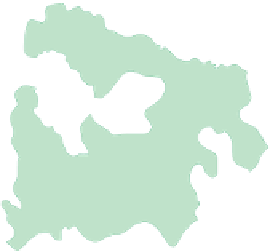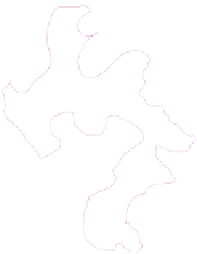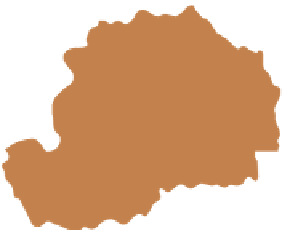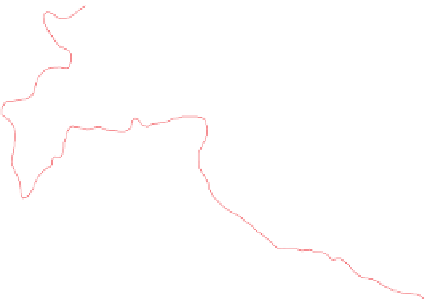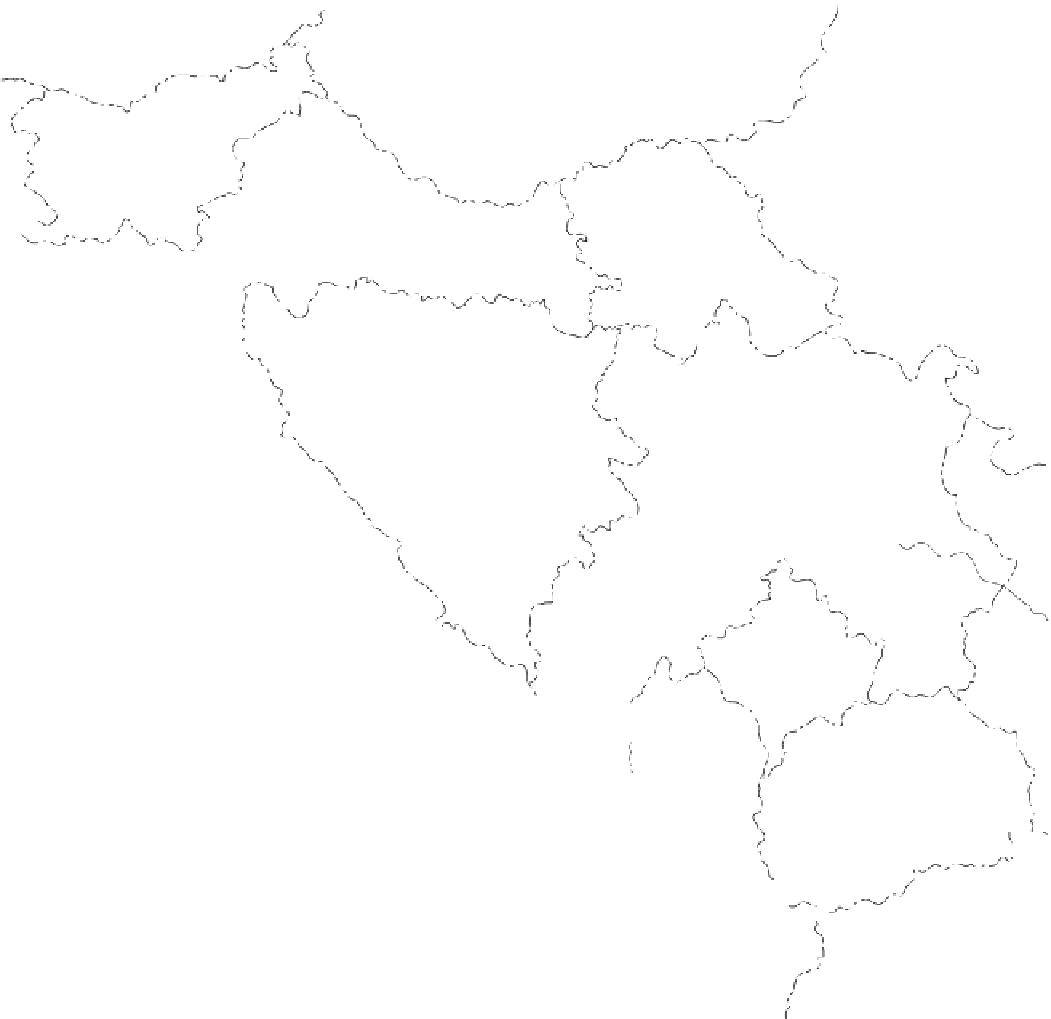Geography Reference
In-Depth Information
15°
20°
Lake
Balaton
H U N G
A R Y
Maribor
Drava R.
Sava R.
Szege
d
Arad
Pecs
Subotica
Z
agreb
Timiso
ara
Senta
Kikinda
mi
Sombor
Osi
jek
CROATIA
V O J V O
D I N A
Pakrac
Sisak
Na
sice
Vu
kovar
Slavonski
Brod
Bac
ka
Palanka
Z
renjanin
Glina
Novi Sad
KRAJINA
V
inkovci
Vrsac
Sr
emska
Mitrovica
Dvor
45°
Prijedor
Sid
Brcko
Pancevo
Be
lg
rade
BanjaLuka
Doboj
Maglaj
Saba
c
Tuzla
u
Sme
derevo
BOSNIA-
HERZEGOVINA
Valjevo
Zenica
Srebrenica
Kragujev
ac
Knin
Zepa
Z
aje
Sarajevo
K
raljevo
Uzice
Pale
SERB
IA-
MO
NTE
NEG
RO
Jablanica
Gorazde
Split
N
Mostar
Pljevlja
Pro
kuplje
L
eskov
ac
Ploce
FORMER YUGOSLAVIA
Niksic
POPULATION
Trebinje
Pristin
a
P
ec
Under 50,000
50,000-250,000
250,000-1,000,000
1,000,000-5,000,000
Dubrovnik
K O
S O V
O
Podg
orica
Priz
ren
Lake
Scu
tari
Sko
pj
e
Railroad
Road
Gost
ivar
National capitals are underlined.
Albanians
Bulgarians
Croats
Hungarians
Macedonians
Montenegrins
Muslims
Serbs
Slovaks
Slovenes
Pri
Tirane
Ohri
d
Bit
Bari
La
ke
Oh
rid
ALBA
NIA
Lak
e
Presp
a
ITALY
Thess
alonik
i
No majority
50
100 Kilometers
0
GREECE
0
25
50 Miles
20°
Longitude East of Greenwich
Figure 7.37
The Former Yugoslavia.
This map shows the generalized distribution of ethnic groups in
Yugoslavia before the war.
Adapted with permission from
: Offi ce of the Geographer of the United
States Department of State, Washington, D.C., 1991.
Albanian Muslims in Kosovo (an autonomous region in
southwestern Serbia) demanded autonomy. The Serbian
leadership responded with a campaign of ethnic cleans-
ing against Kosovo Albanians in 1999. They razed whole
villages, drove out people in great numbers, and killed
many. The international community was once again
slow to intervene. This time the North Atlantic Treaty
Organization (NATO), led by the United States, initiated
a bombing campaign against Serbia that brought hostili-
ties to a halt and paved the way for the introduction of a
peacekeeping force. After failed attempts to reach a nego-
tiated agreement on independence, in 2008 the Kosovars
unilaterally declared the founding of the new independent
state of Kosovo. Many countries, including the United
States, recognized the new state, but others—notably
Russia and, of course, Serbia—did not.



